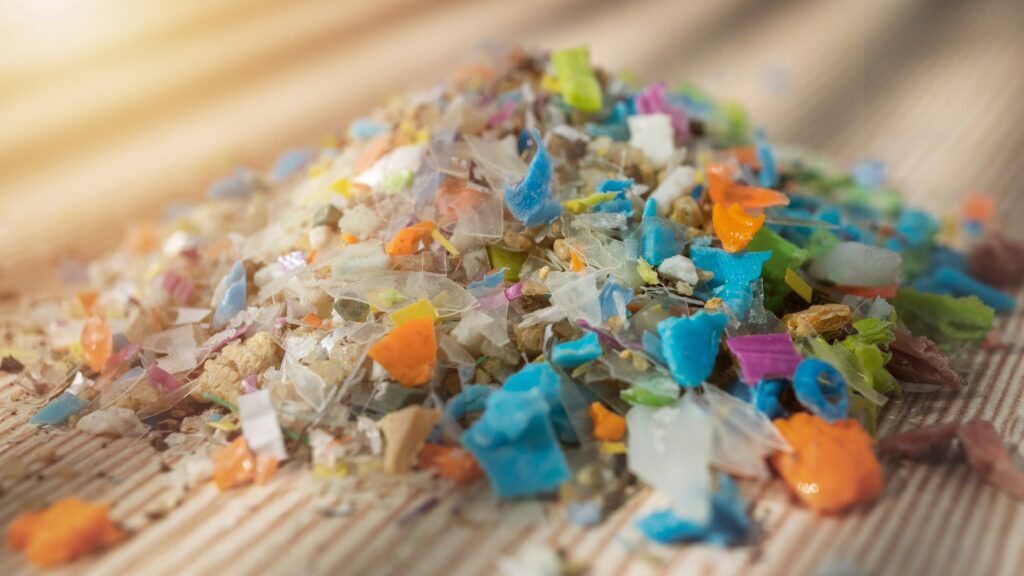Microplastics are everywhere – in our blood, guts, lungs, and even brains. Scientists estimate we may carry about 5g of plastic inside us, though what it does to our bodies is still uncertain.
Researchers in Austria found that exposing gut bacteria to microplastics changed their balance and chemistry, echoing patterns linked to depression and cancer. “Reducing exposure is a wise precaution,” said Dr Christian Pacher-Deutsch.
The particles, shed from packaging, clothing and tyres, can slip into our organs and cells. Studies suggest they may affect brain health, with microplastics found in dementia patients and artery plaques tied to higher heart risk. Still, experts urge caution. “We don’t yet know how harmful they are,” said Prof Stephanie Wright of Imperial College London.
Some scientists believe smaller plastics can cross into tissues more easily, but humans may also be able to clear them out. “Minimising exposure is probably beneficial,” Wright added.
How to Reduce Exposure
- Don’t heat food in plastic. Use glass or steel instead.
- Choose loose-leaf tea and wooden chopping boards.
- Opt for natural fabrics and check cosmetics for plastics.
- Avoid walking near heavy traffic.
- Reuse, don’t discard, old plastic containers.
We can’t avoid microplastics completely — but small changes may help protect our health and the planet.


